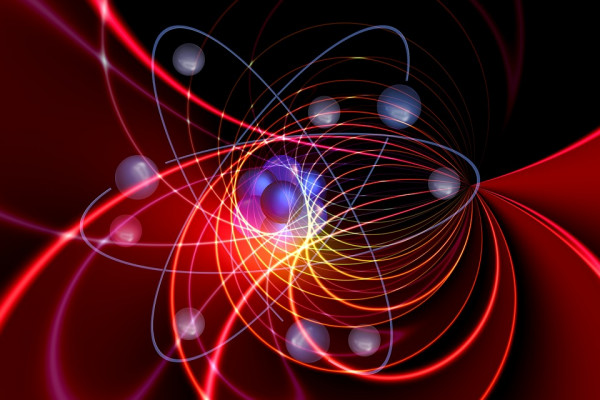Things you should know about physics

Physics is the branch of science that studies matter, energy, and the fundamental forces of nature, along with how they interact and behave in space and time. It seeks to understand the laws that govern the universe, explaining everything from the motion of planets to the behavior of tiny particles like atoms and subatomic particles. Physics addresses questions such as why objects fall, how light travels, why magnets attract, and what causes heat and energy to transfer.
At its core, physics is about observing, measuring, and predicting phenomena using experiments and mathematical models. It is divided into several main areas, including mechanics (motion and forces), thermodynamics (heat and energy transfer), electromagnetism (electricity and magnetism), optics (light and vision), waves (sound and vibrations), and modern physics (quantum mechanics and relativity).
Physics forms the foundation for many other sciences, including chemistry, astronomy, engineering, and even biology, because it explains the basic principles that govern the physical world. By studying physics, we can develop technologies, understand natural events, and predict the behavior of the universe with remarkable accuracy.
The most fundamental idea in physics is that the universe operates according to consistent, discoverable laws. These laws apply everywhere from the motion of falling apples to the orbits of planets. For example, Newton’s Laws of Motion describe how forces affect movement, while Einstein’s Theory of Relativity explains how space, time, and gravity interact. By observing patterns and conducting experiments, physicists uncover these rules to help us understand, predict, and control the natural world.
One of the main goals of physics is to study matter and energy the two building blocks of the universe. Matter is anything that has mass and takes up space like rocks, water, air, or living things. Energy is what allows things to move or change. There are many forms of energy heat, light, sound, electricity, and nuclear energy, to name a few. The famous Law of Conservation of Energy states that energy cannot be created or destroyed, only transformed from one form to another. For example, when you switch on a light bulb, electrical energy converts into light and heat energy.
Additional Information
-
Main Branches of Physics:
-
Mechanics – motion, forces, and energy.
-
Thermodynamics – heat and temperature.
-
Electromagnetism – electricity, magnetism, and light.
-
Quantum Mechanics – behavior of subatomic particles.
-
Relativity – space, time, and gravity.
-
Nuclear and Particle Physics – structure of atoms and particles.
-
Astrophysics – stars, planets, and the universe.
-
-
Why Physics Matters:
Physics builds the foundation for engineering, chemistry, biology, and technology. It helps us design machines, predict weather, explore space, and even understand how the human body works. -
Everyday Examples of Physics:
-
Gravity keeps us on Earth.
-
Electricity powers homes and devices.
-
Reflection and refraction explain how glasses and cameras work.
-
Sound waves carry music and speech.
-
Physics also helps explain everyday life. When you throw a ball, drive a car, or listen to music, you are experiencing physics in action. Gravity pulls objects downward, friction slows motion, and vibrations create sound waves. Even simple activities like boiling water or switching on a light bulb demonstrate physical principles like heat transfer and electricity flow. Once you start recognizing these patterns, you begin to see that physics is everywhere invisible, yet essential.
Throughout history, great scientists have contributed to our understanding of physics. Galileo Galilei was one of the first to use experiments to study motion. Isaac Newton formulated the laws of gravity and motion. James Clerk Maxwell unified electricity and magnetism into one theory. Albert Einstein revolutionized science with his theories of relativity, and Marie Curie pioneered research in radioactivity. These discoveries transformed our view of the universe and continue to influence modern science today.
The ultimate goal of physics is to discover a unified theory one set of laws that explains everything, from the smallest particles to the largest galaxies. This is sometimes called the “Theory of Everything.” Scientists are still searching for this connection between quantum mechanics (the world of the very small) and relativity (the world of the very large). Understanding these mysteries could unlock answers about black holes, dark matter, and the origin of the universe itself.
Conclusion
Physics is the science of how the universe works. It reveals the hidden rules that control everything motion, matter, energy, space, and time. By studying physics, we learn not just about the world around us, but about the very structure of reality itself. From understanding why the sky is blue to exploring the mysteries of black holes, physics connects the smallest atoms to the largest galaxies. It is both a journey of discovery and a tool for progress, shaping the technologies and knowledge that define modern civilization. In short, physics is the language of the universe and by learning it, we gain the power to understand, innovate, and imagine the future.